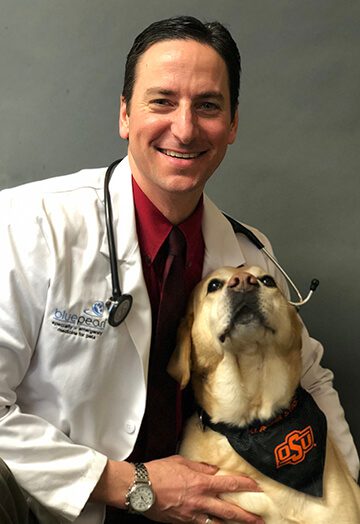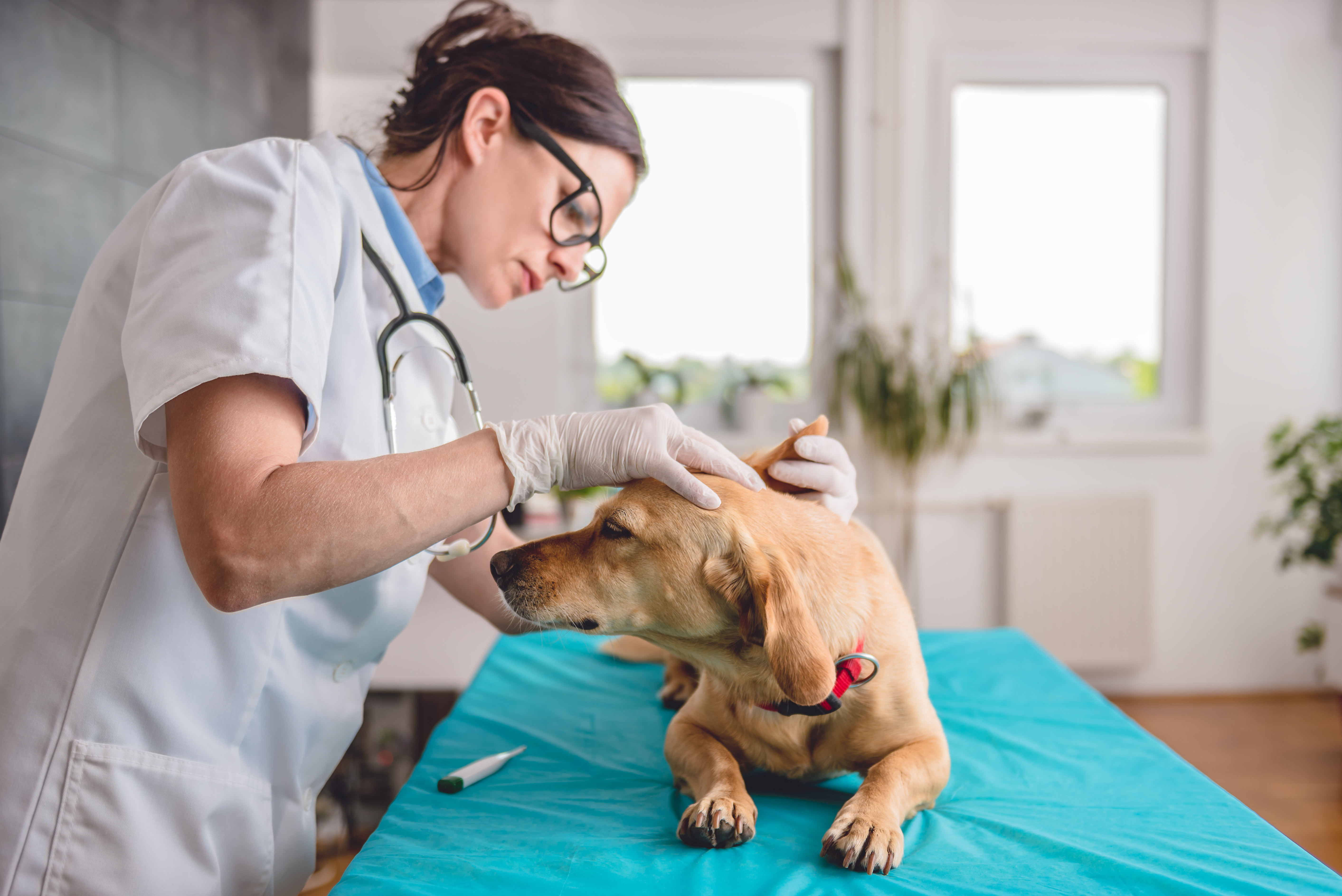Vet Enterprise: Offering Comprehensive Solutions for Your Pet's Health and wellness
Vet Enterprise: Offering Comprehensive Solutions for Your Pet's Health and wellness
Blog Article
Inoculation Guidelines From Your Trusted Veterinarian
Inoculation standards provided by your trusted vet play a vital function in safeguarding your animal's health and well-being. Core vaccines are fundamental for all pets, while non-core injections can be customized to ecological direct exposures and certain way of lives. Recognizing the nuances of inoculation timetables, which begin as very early as 6 to eight weeks, is necessary for ideal protection. In addition, attending to typical mistaken beliefs surrounding vaccinations can better boost pet dog owners' confidence in these safety nets. As we explore these vital elements, it comes to be progressively clear why regular examinations with your vet are crucial for informed decision-making.

Importance of Inoculations
Vaccinations play a pivotal function in safeguarding family pets versus a series of avoidable illness. By stimulating the body immune system to identify and deal with specific microorganisms, vaccinations substantially reduce the incidence of transmittable conditions that can affect a pet's health and durability. Not just do inoculations protect individual animals, however they also add to herd immunity, consequently decreasing the total occurrence of illness in the family pet population.
Prompt vaccinations help to mitigate the spread of diseases such as rabies, parvovirus, and distemper, which can have severe effects for both people and animals. Furthermore, vaccinations are typically a demand for boarding centers, brushing services, and canine parks, making them essential for those that desire to socialize their pet dogs.

Core Vaccines for Pet Dogs
While the particular inoculation requirements of pets can differ based on individual variables, core vaccines are widely suggested to protect against the most typical and serious illness (Pet Health Checkup). Core vaccines are those considered essential for all pets, no matter their lifestyle or geographic place, as they guard against potentially fatal and very transmittable health problems
For canines, the core vaccines consist of those for canine distemper, parvovirus, adenovirus (hepatitis), and rabies. Adenovirus can result in liver illness, while rabies is a zoonotic illness that presents a risk to both family pets and people.
In felines, core vaccines incorporate feline panleukopenia, feline calicivirus, feline herpesvirus (rhinotracheitis), and rabies. Feline panleukopenia is an extremely contagious viral illness that impacts the body immune system and intestines. Calicivirus and herpesvirus are major contributors to top respiratory infections in cats, while rabies stays a crucial issue for public wellness.
Speak with your vet to guarantee your family pets receive their core inoculations on schedule.
Non-Core Vaccines Explained
Non-core vaccines are customized to address particular risks related to a pet's direct exposure, way of living, and setting to specific illness. Unlike core vaccinations, which are globally recommended for all family pets, non-core vaccinations are considered based upon specific conditions. These injections are particularly crucial for pet dogs that may come across one-of-a-kind virus because of their geographical location, traveling routines, or activities.
Examples of non-core vaccinations include those for Bordetella bronchiseptica, which is connected to kennel coughing, and Lyme condition, brought on by ticks. Family pets that regularly engage with other pets, such as those in boarding facilities, pet parks, or grooming settings, might take advantage of Bordetella vaccination. If you Web Site live in a location where Lyme disease is widespread, immunizing versus this illness can be a sensible option for outdoor-loving pets.
Other non-core vaccinations might consist of those for leptospirosis, canine flu, and feline leukemia, depending upon the particular risk variables existing. It is essential to have a complete discussion with your vet regarding your family pet's way of living and the possible requirement for these vaccinations, guaranteeing a customized inoculation strategy that finest shields your hairy close friend.
Vaccination Set Up Review

As pet dogs mature, it is necessary to follow the recommended booster vaccinations. Emergency Vet. For adult pets, core injections are normally given every one to 3 years, relying on the specific injection and local guidelines. Non-core vaccinations may be suggested based on way of life variables and regional illness view frequency, demanding a customized approach
Routine vet check-ups are critical for upgrading vaccination schedules. Your vet can give advice on the most appropriate booster shots for your animal, factoring in age, health and wellness status, and ecological risks. By staying positive and informed, pet owners can ensure their hairy friends receive reliable and prompt inoculations, consequently securing their health and well-being throughout their lives.
Common Myths Regarding Vaccinations
Mistaken beliefs regarding pet inoculations can cause complication and reluctance among animal proprietors pertaining to the immunization procedure. One prevalent myth is that vaccinations are unnecessary for interior animals. While it's true that interior pets deal with lower risks, they are not completely immune to illness, as microorganisms can be introduced with numerous ways, including human clothing and various other family pets.
One more misunderstanding is that vaccines can create the illness they aim to stop. Actually, the majority of vaccinations consist of inactivated or attenuated microorganisms, which can not create disease in healthy and balanced pets. Some pet dog proprietors also believe that their family pets must not be vaccinated if they are currently healthy; however, vaccinations are an aggressive procedure that assists prevent the onset of ailment.
Furthermore, numerous pet owners fear that vaccinations will lead to long-lasting health problems. why not try here The advantages of vaccination-- shielding animals from potentially serious diseases-- far exceed the threats.
Verdict
In recap, adherence to inoculation standards is crucial for making sure the wellness and durability of animals. Core vaccines supply necessary security against major diseases, while non-core injections attend to details risks based on specific way of lives. Developing a comprehensive vaccination schedule, in conjunction with regular vet exams, helps with optimal health management. Eliminating usual misconceptions bordering inoculations even more reinforces the relevance of educated decision-making in pet dog treatment. Eventually, a proactive method to vaccinations is vital for preserving animal wellness.
Not only do inoculations safeguard specific pets, yet they also add to herd resistance, thereby reducing the overall prevalence of conditions in the family pet population.
Misconceptions about animal inoculations can lead to complication and hesitation among animal proprietors regarding the immunization process. While it's true that interior family pets deal with lower risks, they are not entirely immune to illness, as virus can be introduced through various ways, consisting of human garments and various other pet dogs.
Some animal owners likewise believe that their pets need to not be immunized if they are currently healthy and balanced; nevertheless, inoculations are a positive step that assists protect against the beginning of disease.
The advantages of vaccination-- securing pet dogs from potentially lethal conditions-- far surpass the threats.
Report this page